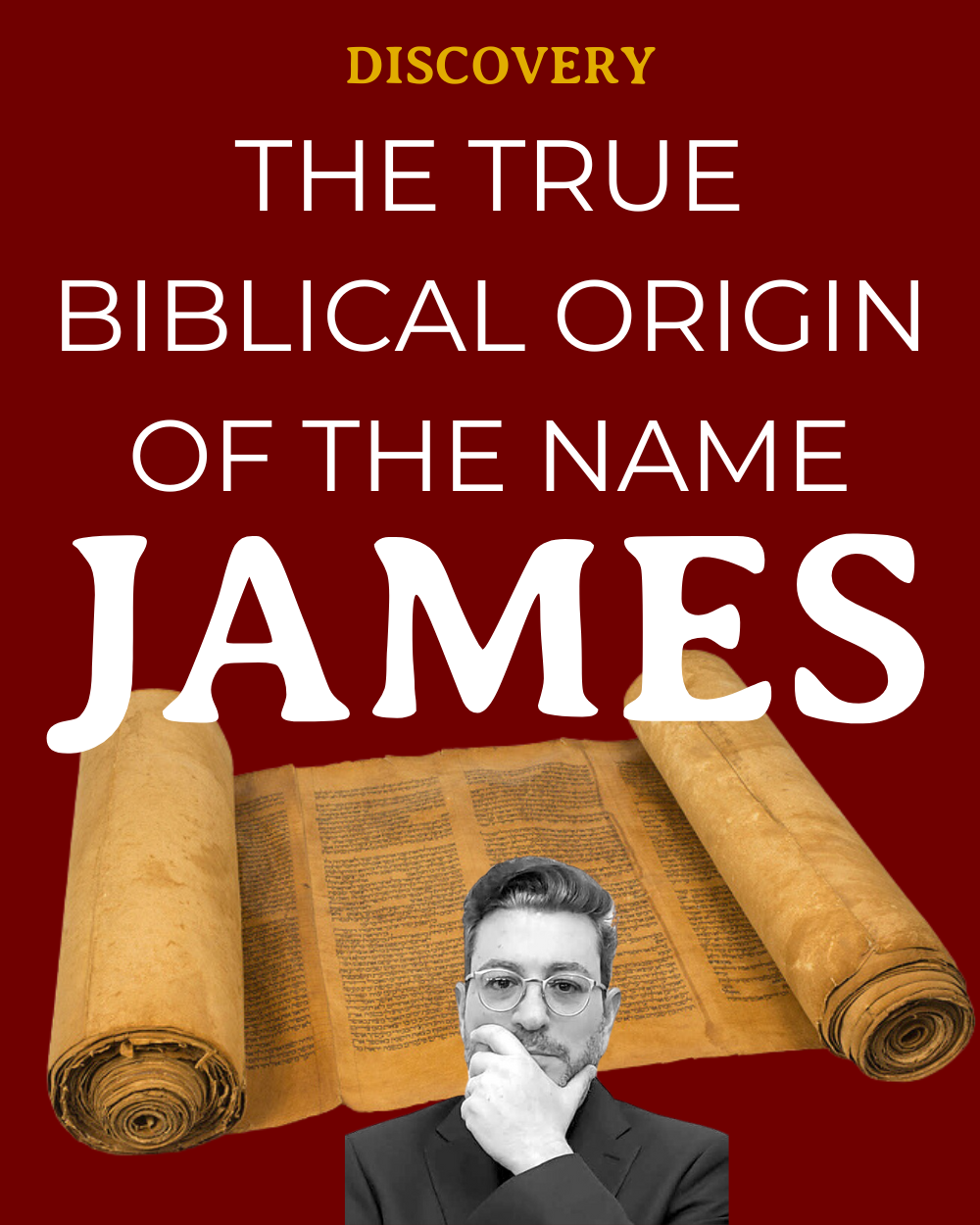The King James Version (KJV) of the Bible is an English translation of the Bible that was commissioned by King James I of England in 1604 and completed in 1611. It is considered one of the most influential translations of the Bible in the English language and has been widely distributed and influential in the development of the English-speaking world.
However, despite its widespread popularity and influence, the KJV is not without its mistakes and misinterpretations. Some of the main issues with the KJV include:
Translation errors: The KJV was translated from the original Hebrew and Greek texts of the Bible by a group of scholars known as the King James Translators. However, the translation process was not always precise, and some errors and inaccuracies have been identified in the text. These errors can range from minor mistakes in grammar and spelling to more significant issues with the translation of specific words and phrases.
Lack of context: The KJV was translated in the early 17th century, and the cultural and historical context of the original texts was not always well understood by the translators. This can lead to misunderstandings and misinterpretations of the text, especially when it comes to the meanings of certain words and phrases.
Bias: The King James Translators were all members of the Church of England and were working under the direction of King James, who was also a member of the church. This can lead to bias in the translation, as the translators may have been more inclined to interpret the text in a way that supported the teachings and practices of the Church of England.
Archaic language: The KJV was translated over 400 years ago, and the language used in the translation is often archaic and difficult for modern readers to understand. This can make the text less accessible and can lead to misunderstandings and confusion for some readers.
Missing texts: The KJV is based on the Textus Receptus, a Greek text of the New Testament that was widely used in the 16th and 17th centuries. However, this text is missing some passages that are found in other ancient manuscripts of the New Testament. This means that the KJV is missing certain texts that are considered important by some scholars and theologians.
Despite these issues, the KJV remains a popular and influential translation of the Bible. It is still widely used in some churches and is considered a classic work of English literature. However, it is important to be aware of its limitations and to use other translations and resources to help better understand the original texts of the Bible.
Examples of misinterpretation in King James Version:
Unicorn: The KJV includes several references to unicorns, including in Job 39:9-10, which reads: “Will the unicorn be willing to serve thee, or abide by thy crib? Canst thou bind the unicorn with his band in the furrow? or will he harrow the valleys after thee?” However, the original Hebrew word that was translated as “unicorn” in the KJV, re’em, does not actually refer to the mythical creature with a single horn on its forehead. Instead, it is likely a reference to some type of large, wild ox or antelope, such as the aurochs or the gazelle. The KJV mistranslation of re’em as “unicorn” has led to confusion and misunderstanding about the meaning of the text.
Witches: The KJV includes several references to witches, including in Exodus 22:18, which reads: “Thou shalt not suffer a witch to live.” However, the original Hebrew word that was translated as “witch” in the KJV, kashaph, does not actually refer to someone who practices magic or witchcraft. Instead, it is more likely a reference to someone who practices divination or necromancy, which were both considered taboo practices in ancient Israel. The KJV mistranslation of kashaph as “witch” has contributed to the negative portrayal of witches in Western culture and has been used to justify persecution and discrimination against people accused of practicing magic or witchcraft.
Hell: The KJV includes several references to hell, including in Matthew 25:46, which reads: “And these shall go away into everlasting punishment: but the righteous into life eternal.” However, the original Greek word that was translated as “hell” in the KJV, gehenna, does not actually refer to a place of eternal punishment or torment. Instead, it is likely a reference to the Valley of Hinnom, a ravine outside of Jerusalem where trash and the bodies of criminals were burned. The KJV mistranslation of gehenna as “hell” has led to misunderstandings about the nature of hell and the fate of the wicked in Christian belief.
Heaven: The KJV includes several references to heaven, including in John 3:13, which reads: “And no man hath ascended up to heaven, but he that came down from heaven, even the Son of man which is in heaven.” However, the original Greek word that was translated as “heaven” in the KJV, ouranos, does not always refer to the place where God and the angels reside. Instead, it can also refer to the sky or the celestial sphere. The KJV mistranslation of ouranos as “heaven” can lead to misunderstandings about the nature and location of heaven in Christian belief.
It is important to be aware of these and other mistranslations in the KJV and to use other translations and resources to help better understand the original texts of the Bible. While the KJV has played a significant role in the development of the English language and has been widely influential, it is not without its limitations and should be approached with caution and careful consideration













